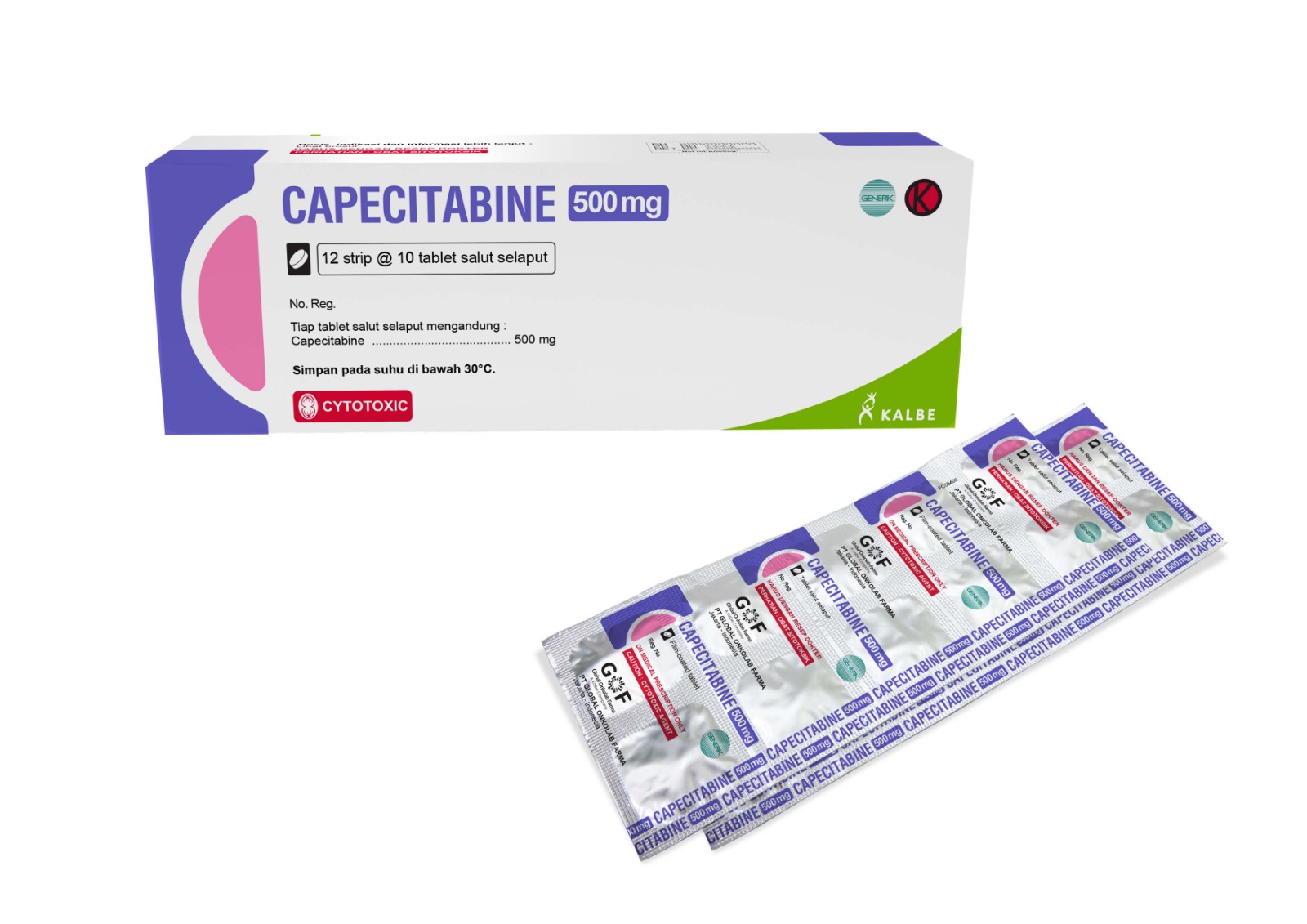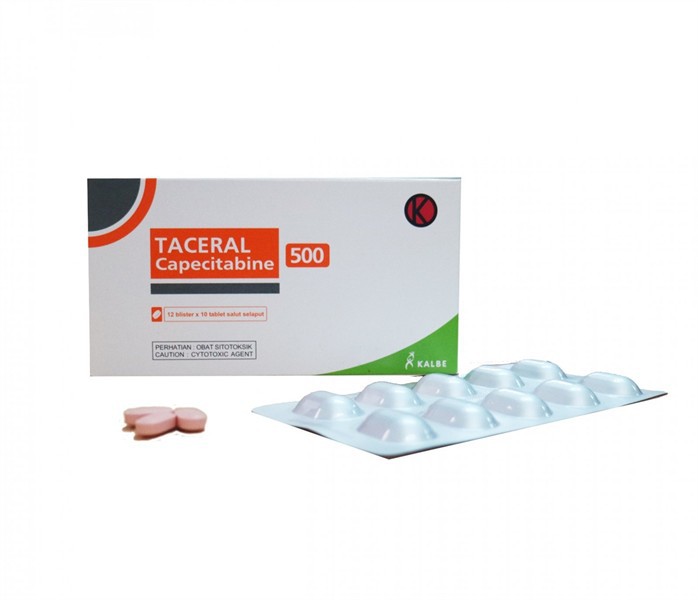
Treatment breaks in metastatic colorectal cancer patients with palliative chemotherapy reduce toxicity and improve quality of life. However, standard therapy recommends a strategy of continuing therapy until the disease is progressive or toxicity develops. The standard maintenance strategy is combining capecitabine with bevacizumab in disease control patients after first-line induction therapy for 4-6 months.
The meta-analysis of the treatment holiday approach or reducing therapy versus standard care continuing to tolerate the dose of therapy showed no significant difference in overall survival (OS). However, the maintenance strategy showed improvement in progression-free survival (PFS) but with toxicity (albeit decreased) and hospital visits for intravenous therapy.
FOCUS4-N is a randomized clinical trial in patients in which molecular comparisons are not available or where biomarker studies of tumor tissue have failed. In this clinical trial, metastatic colorectal cancer patients who were stable or responding after 16 weeks of first-line therapy continued maintenance therapy with capecitabine (2 times daily for 14 days and rest for 7 days) or active monitoring. Capecitabine is given until the disease is progressive, the patient dies, or toxicity is not tolerated.
The results of clinical trials with subjects (n = 254), showed that:
a. Median PFS (months), for the Capecitabine and Active Monitoring groups, were 3.88 and 1.87, respectively, with HR/95% CI/p-value 0.40; 0.21-0.75; p < 0.0001.
b. Median OS (months), for the Capecitabine and Active Monitoring groups, were 14.8 and 15.2, respectively, with HR/95% CI/p-value of 0.93; 0.69-1.27; p= 0.66.
Adherence to therapy is said to be good. Pain and discomfort tended to be less experienced by patients with capecitabine maintenance therapy (p = 0.11).
The conclusion of this clinical trial is that capecitabine maintenance therapy prolongs the PFS of metastatic colorectal cancer patients after 16 weeks of induction therapy. The use of maintenance therapy or treatment breaks should be based on the benefits and risks to the patient.
Image: Illustration (source:https://hip.wisc.edu/crcscreening)
Reference:
1. Adams RA, Fisher DJ, Graham J, Seligmann JF, Seymour M, Kaplan R, et al. Capecitabine versus active monitoring in stable or responding metastatic colorectal cancer after 16 weeks of first-line therapy: Results of the randomized FOCUS4-N trial. J Clin Oncol. 2021 doi: 10.1200/JCO.21.01436.
2. Stenger M. Capecitabine maintenance after first-line therapy for metastatic colorectal cancer. The ASCO Post [Internet]. 2021 Sept 27 [cited 2021 Nov 25]. Available from: https://ascopost.com/news/september-2021/capecitabine-maintenance-after-first-line-therapy-for-metastatic-colorectal-cancer/












